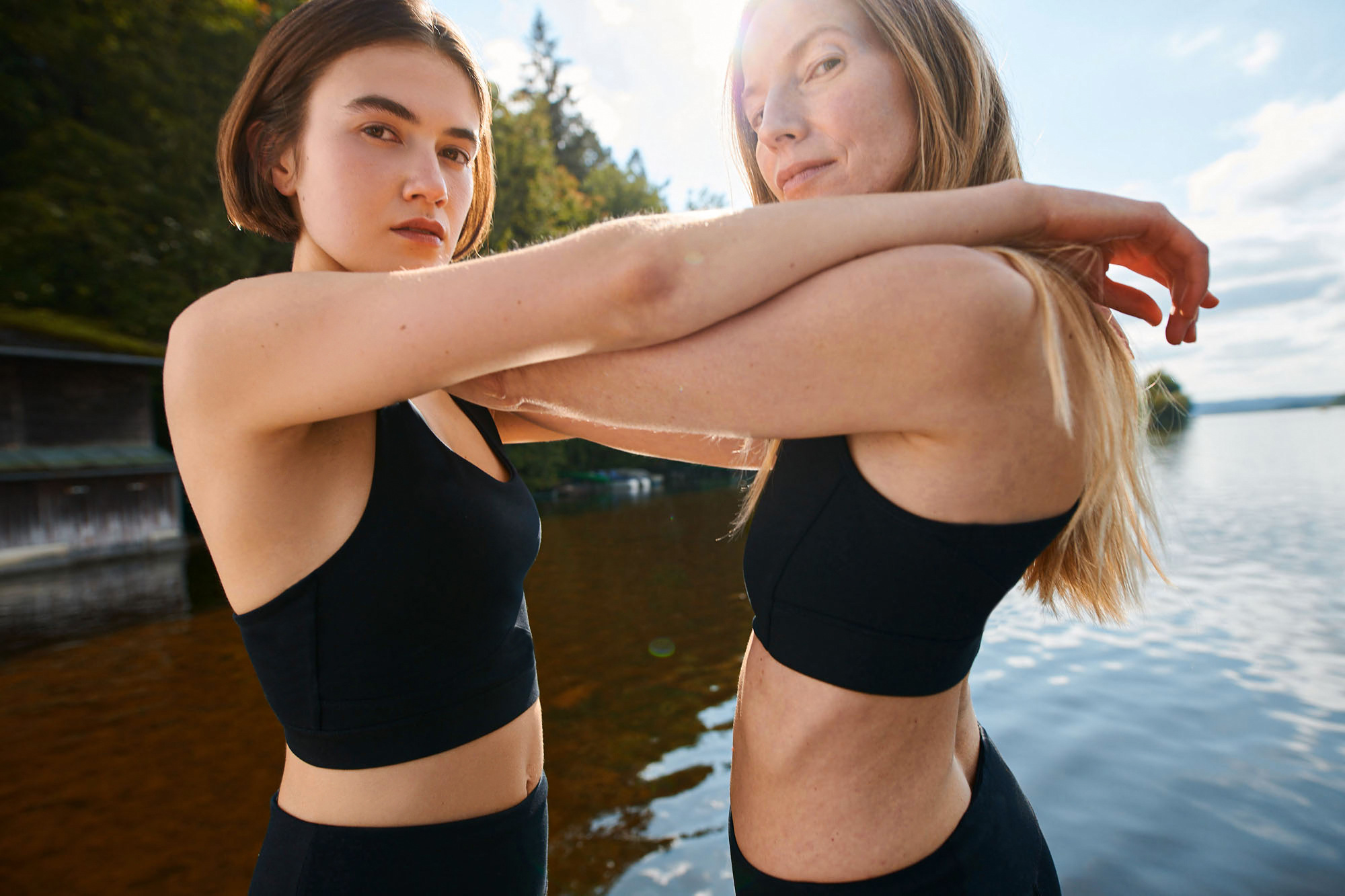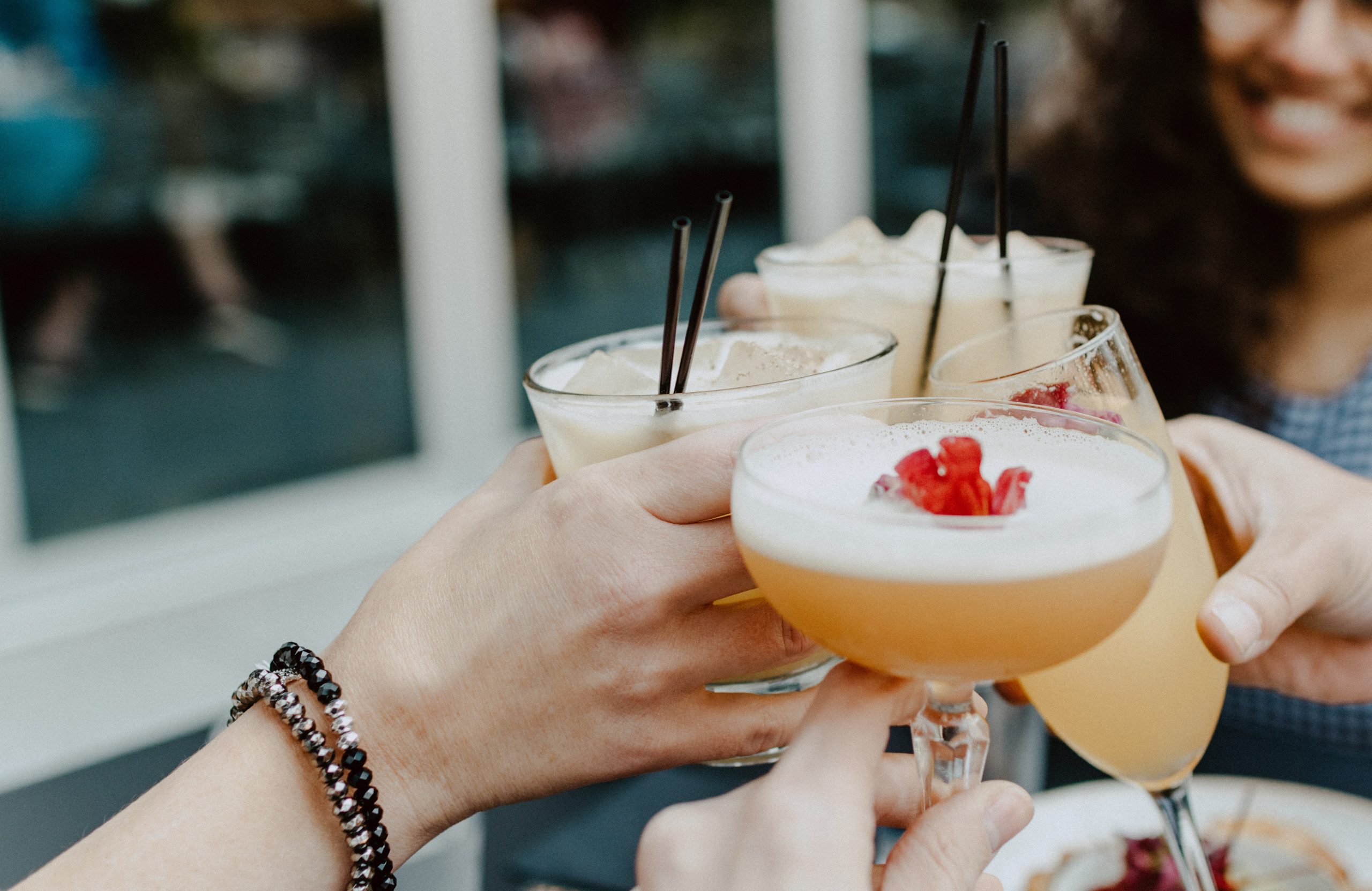If you work out regularly and eat a healthy diet, you hope to be relatively strong, fit and healthy. Generally, if we look strong on the outside, most of us are strong on the inside too. However, is there more we can do to support our bodies? Yes, says Pilates coach and niix fitness app founder Nicki Philips.
Bone decline, or what’s commonly known as osteopenia (the stage before osteoporosis) and osteoporosis, are on the increase. An estimated three million people in the UK suffer from osteoporosis (10 million in the US), that’s one in three women and one in 12 men over the age of 50.
One in two women and one in five men in the UK will suffer an osteoporosis-related fracture after the age of 50. These numbers are increasing as our ageing population grows. Currently, osteoporosis fractures cost the UK £1.7 billion per annum.
The good news is that osteopenia and osteoporosis can be avoided. What we do in our younger years and the decades beyond can help set us up for longevity and protect our bones and bodies in later years.
Bone Mass Behaviour
Up until our late teens and early 20s, our bones are growing and increasing in mass/density. During our mid-20s to early 30s bone formation stabilises as our bodies settle into their natural rhythms. However, from as young as 35 bone loss begins and increases rapidly as we head towards our 50s and beyond.
For women bone loss becomes more rapid in the first few years of menopause as oestrogen and calcium levels decrease. As we head into menopause, we all naturally lose around 20% of bone mass due to changing hormones.
Take Action
Encouraging our children and young adults to engage in activity that includes weight-bearing activities (running, jumping, weights, bodyweight etc) and sustaining a well-balanced diet is essential in building up their bone bank. Even more important is to continue to build our bone mass throughout our 30s and 40s before natural ageing occurs.
When we head into menopause and our older years, we can continue to increase our bone density and help reverse the loss of bone mass.
Diet
The food we eat has a significant effect on our bones, rebuilding and maintaining bone cells. Reducing the intake of meat, dairy, eggs, alcohol, coffee, farmed fish, wheat flour, alcohol and refined sugars can help with maintaining a neutral PH. Increasing our intake of green leafy vegetables, using alternative grains such as quinoa and having a cleaner, balanced diet is, as we know, the key to a healthy lifestyle.
Fizzy drinks, including sparkling water, pose a risk to our bones due to their high level of phosphorous. This depletes calcium reserves and long term affects our bone density. Aim to drink more water and replace those fizzy drinks with herbal teas or low sugar fruit juices.
Vitamin D
It is reported that 50%-70% of the population is deficient in Vitamin D. We need at least 30mg/l in our bloodstream to help with calcium absorption in our bodies. Due to an increasing lack of sun exposure, we tend not to naturally absorb enough vitamin D. Taking supplements is one sure-fire way to ensure you are hitting your target levels. There are some incredibly effective products out there. I can highly recommend Better You Vitamin D sprays.
niix and Exercise
One of the most effective ways to grow bone density and maintain it is through exercise. Our bones are in a constant state of turnover, breaking down old bone cells and building new ones.
Bone regeneration responds to INTENSITY NOT DURATION so choosing the right exercise is essential. For our bodies to regenerate bone, it needs to endure a force greater than it is used to, not a repetition of the same amount of force, such as walking.
Impact and weight-bearing (resistance training) exercises such as Pilates, LIIT (low-intensity interval training) and impact HIIT (high-intensity interval training) or the use of weights, are all great for adding a force to the body and aiding the regeneration of bone. Have a look at the niix workout library for more inspiration on how to choose the best workouts for you.
Resistance training in particular (weights/body weight) helps build strong bones because the mechanical force of these exercises encourages the growth of new bone cells. We must not forget that cardiovascular fitness is important for our overall health, however. Exercise such as swimming, walking, cycling does not generally help with bone turnover and increasing density due to the lack of force placed on the body.

niix and Muscle Development
Muscle development whether gained through lifting weights, using bodyweight or impact, also encourages bone mass. When muscles (which are attached to tendons) are stimulated they pull on the bone they are attached to, which in turn stimulates bone growth. Bone density can not only be sustained but increased. The stronger the muscles, the more powerful the stimulation to allow the bone to grow. Muscle strength and mass can therefore help protect the body from osteoporosis and fractures.
If in doubt, to help both muscle and bone development along with overall health, mixing your workouts up and including impact and weight-bearing exercise, is a great way to ensure you support your body and stay fit and strong for life. Have a look at how niix can help you achieve this!

Nicki Philips specialises in women’s health and is the founder of a rapidly growing fitness app, niix. niix looks to support, educate and inspire women to create a health and fitness habit and lifestyle that lasts.
Follow niix on Instagram at @niix.fit to stay up to date with their workouts, news and offers.







